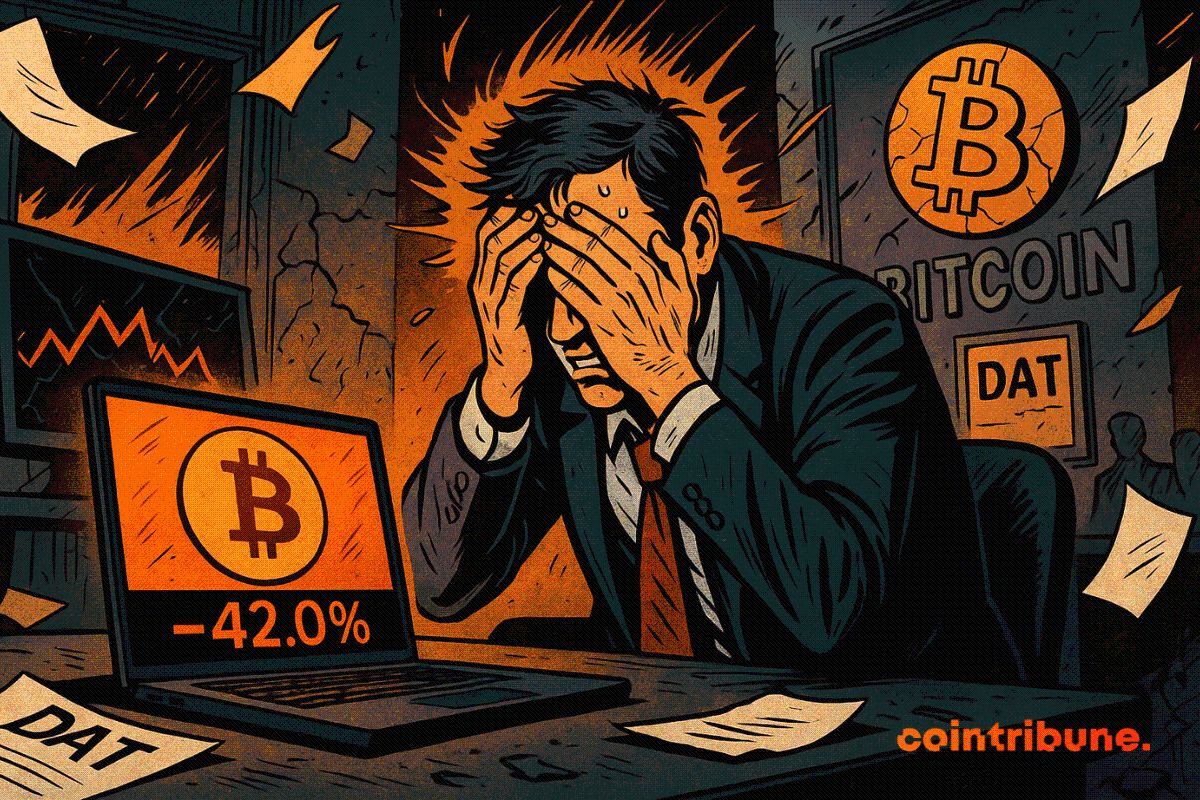Two LA Deputies Charged in Civil Rights Conspiracy Tied to Jailed Crypto Mogul “The Godfather”
Two deputies from the Los Angeles County Sheriff’s Department are facing federal charges over their roles in a civil rights conspiracy connected to a jailed cryptocurrency entrepreneur known as “The Godfather.”
Two deputies from the Los Angeles County Sheriff’s Department are facing federal charges over their roles in a civil rights conspiracy connected to a jailed cryptocurrency entrepreneur known as “The Godfather.”
The U.S. Department of Justice revealed on Monday that Deputy David Anthony Rodriguez, 43, of La Verne, has pleaded guilty to conspiring against rights. Another deputy, Christopher Michael Cadman, 33, of Fullerton, faces charges of conspiracy against rights and filing a false tax return.
Former L.A. County sheriff’s deputies admit roles in crypto ‘Godfather’ operation
— Los Angeles Times (@latimes) July 15, 2025
Prosecutors allege that both men misused their badges while moonlighting as private security for off-duty clients, including Adam Iza, widely known as “The Godfather”, a 24-year-old self-styled crypto investor who operated Zort, a trading firm accused of laundering illicit funds. Iza has remained in federal custody since September 2024 and pleaded guilty earlier this year to charges of conspiracy against rights, wire fraud, and tax evasion. Iris Ramaya Au also pleaded guilty to a federal tax charge related to her involvement in his illicit financial schemes.
Court filings detail that in August 2021, Cadman and another deputy held one of Iza’s victims at gunpoint inside his Bel Air mansion, forcing the individual to transfer $25,000 to Iza’s bank account. Investigators say Cadman received at least $40,500 in cash payments from Iza, which he failed to declare on his 2021 tax filings, leaving him with approximately $11,000 in unpaid federal taxes. He faces up to 13 years in prison if convicted.
Meanwhile, Rodriguez admitted to abusing his authority for a different private security client unrelated to Iza. In July 2022, he fabricated a robbery investigation to secure a court-approved search warrant, which he used to obtain GPS data. He then shared the data with co-conspirators, including former deputy Eric Chase Saavedra, to track and intimidate a victim.
Saavedra, 42, of Chino, pleaded guilty in February to conspiracy against rights and filing a false tax return. Prosecutors allege he worked for Iza through a private security firm, leveraging his law enforcement access to run fake warrants and extract confidential data targeting Iza’s rivals. He is currently free on a $50,000 bond and awaits sentencing.
Disclaimer: The content of this article solely reflects the author's opinion and does not represent the platform in any capacity. This article is not intended to serve as a reference for making investment decisions.
You may also like
Espresso co-founder’s decade in crypto: I wanted to disrupt Wall Street’s flaws, but witnessed a transformation into a casino instead
Everything you've been hoping for may have already arrived; it just looks different from what you expected.

Solana Foundation Steps In as Kamino and Jupiter Lend Dispute Intensifies

Bitcoin Firms Confront the Boomerang Effect of Excessive Leverage

Ethereum Burns $18B, Yet Its Supply Keeps Growing

